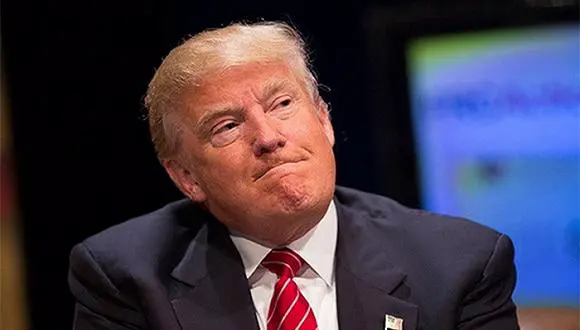Bangladesh's cabinet Monday approved a proposal to sign a "controversial trade pact" with the United States, mostly likely later this month.
After the cabinet meeting with Prime Minister Sheikh Hasina in the chair, Spokesman Musharraf Hossain Bhuiyan told reporters that the Trade and Investment Framework Agreement (TICFA) will pave the way to ease trade and investment disparities.
"It will also help squeeze unilateral U.S. decision on trade and investment," he said.
"The agreement which comprises 16 chapters and seven articles will ensure protection of intellectual property, curb corruption and ensure labor rights," he added.
Regarding the media reports that the U.S. created much pressure on Bangladesh to sign this agreement, he said there was no such pressure from the end of the Washington.
"The agreement has no relation with Generalized System of Preferences (GSP) facility. But it would indirectly create positive impact on the GSP facility as cooperation between Bangladesh and U.S. will be bolstered after such an agreement."
But he did not tell when the agreement will be signed.
Sources said Bangladesh and U.S. may sign the trade pact on June 25 as U.S. Secretary of State is likely to stop in Dhaka on that day for a brief visit during his tour to India and Pakistan.
Bangladeshi Foreign Minister Dipu Moni at a press briefing last month termed the trade pact "good platform" for both Dhaka and Washington but said it must ensure protection of interests of both the countries.
Spokesman Bhuiyan said the agreement will help Dhaka and Washington establish a forum for officials from both the countries to meet once a year to identify hindrances in trade, commerce and investment.
"If it is good for Bangladesh to have this forum, then let's sign it. If it is not a good thing, Bangladesh should never sign it. We are ready to sign but of course it takes two to sign."Dan Mozena, U.S. ambassador in Dhaka, was quoted as saying in a report of English daily Dhaka Trbune last week.
Although the government officials speak in favor of the agreement, a number of left-leaning parties have been protesting against the trade fact which they say will adversely impact Bangladesh interests.
Rashed Al Mahmud Titumir, chairman of Unnayan Onneshan, a think- tank, told Xinhua that the U.S. pushes for bilateral agreements, underwritten by strategic interest, foreign policy objectives and geopolitical goals, in an attempt to sideline the multilateral rules enshrined in the World Trade Organization.
Such bilateral agreements offer the stronger partners to carve out interest in a context of asymmetric reciprocity and leaves the issues of market access of the LDCs in the developed countries at bay, often charging the former higher tariffs than their developed counterparts, he said.
Bangladesh tariff structure and trade relations with U.S. should hardly be an issue for the latter because Bangladesh export about 23 percent of its garment to U.S.; yet the U.S. is still not honoring the WTO principles on providing the standard tariff structures for Bangladeshi exports, Anu Muhammad, Economics Professor at Jahangir Nagar University, wrote in an article.
In the article published on May 19 issue of Dhaka's The Daily Star newspaper, the eminent Marxist Economist also writes, "there is an additional danger for us in signing the TICFA."
In terms of the intellectual property rights on new goods here, he said U.S. will be in a position to impose restrictions on Bangladeshi products such as pharmaceuticals and the IT industry.
Countries like Sri Lanka had signed TICFA, with the promise of getting GSP facilities in its garment sector but till today they are faced with a 12 percent tariff rate, while others including France enjoy a tariff rate of one percent, he mentioned.
"It is a myth that the U.S. aids Bangladesh but in reality, we pay them six times more than the total loan and aid that flow in from them. Bangladesh has paid 750 million U.S. dollars as tariff on its garments. So when the U.S. places drastic discrimination, Bangladesh should ask them to have this removed instead of finding another agreement that would create more impediments for Bangladesh."
When other countries have a 1-percent tariff rate -- some even less -- as they enter the U.S. market, Bangladesh garments sector faces 15 percent, he said, adding this is a protectionist policy against Bangladesh.
"The U.S. is also not providing any GSP facility to this sector. Bangladesh should ask them to remove this discrimination."
 简体中文
简体中文

